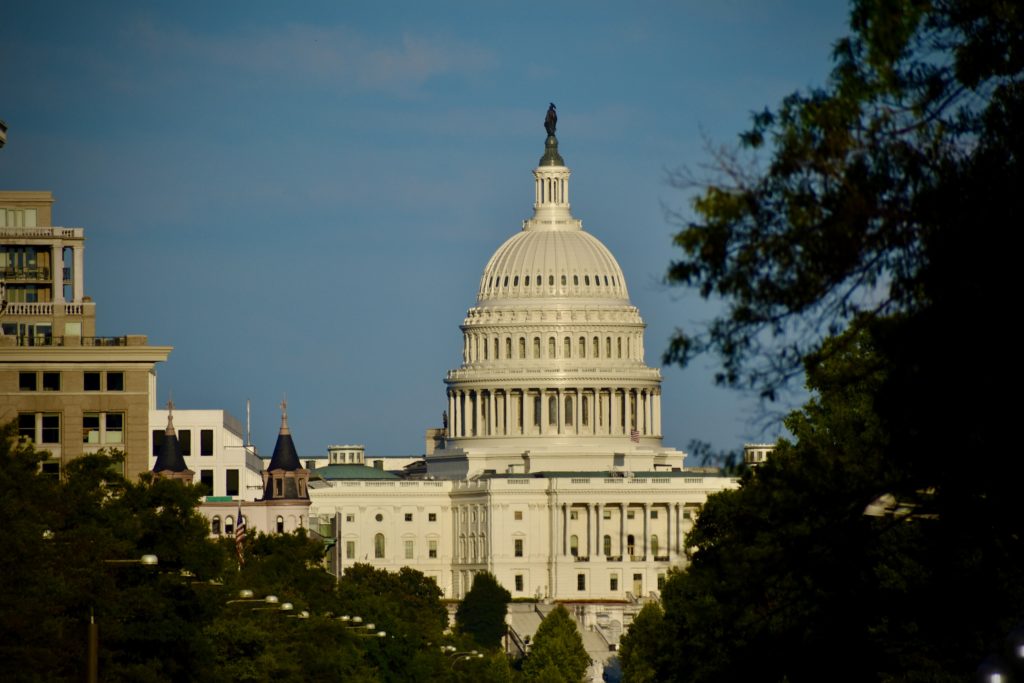
Published February 28, 2022
Senate majority leader Chuck Schumer (D., N.Y.) is making a welcome political error. Tonight, he’ll force a vote on the Women’s Health Protection Act (WHPA), an extreme piece of pro-abortion legislation that has no hope of passing.
The House passed the bill last fall in a nearly party-line vote; only one Democrat voted against it. But there is essentially no road to passage in the Senate, and Schumer’s choice to charge ahead without even attempting to gather 60 votes suggests that he’s aiming to placate his base, not get anything of substance done.
In fact, the WHPA likely will struggle even to achieve the support of a simple majority. Already, Democrat Joe Manchin of West Virginia has said he opposes it, as does Republican Susan Collins of Maine, who occasionally supports pro-abortion legislation. It’s unclear from his latest statement whether Senator Bob Casey Jr. (D., Pa.) will vote for the bill, but he has been known to deviate from the party line on abortion from time to time. Given that Collins has said the bill is too extreme for her, it’s hard to imagine that Republican Lisa Murkowski, who’s up for reelection this cycle, will vote for it either — meaning it won’t get a single Republican vote.
As John McCormack noted earlier this month, Schumer is playing base politics. He’s well aware that, with Roe v. Wade and Planned Parenthood v. Casey on the chopping block this term at the Supreme Court, abortion-rights activists are eager to see federal legislation enshrining the Court’s current jurisprudence into law.
For decades, Democrats have counted on courts across the country, following the Supreme Court’s lead, to mandate abortion on demand and curb the ability of states to protect unborn children. With that status quo in question in Dobbs v. Jackson Women’s Health Organization, Democratic politicians are signaling to constituents that they’ll do what they can to preserve abortion on demand even after courts no longer require it.
The WHPA is an effort to “codify Roe,” not only declaring abortion a fundamental right — for any reason, throughout all of pregnancy — but also nullifying any state law that prohibits or regulates abortion. The bill would forbid state laws protecting unborn children after they’re old enough to survive outside the womb. It would nullify bans on abortions chosen for discriminatory reasons, such as the unborn child’s sex or diagnosis with a disability. It would prohibit even the most modest regulations such as informed-consent laws, waiting periods, ultrasound requirements, and even safety standards for abortion clinics.
While this vote might demonstrate to hardcore pro-abortion voters that the Democrats are in their corner, especially in a post-Roe America, the electoral risks to Democrats in an already dismal midterms outlook far outweigh the possible benefits. For one thing, pro-abortion voters have little choice but to support Democrats. In the wake of a Supreme Court decision overturning Roe and Casey, they’re hardly going to flock to Republican candidates and will likely be angry enough to turn out for Democrats regardless of whether the Senate votes on this bill.
But a vote on a bill this radical will expose to everyone other than the most pro-abortion Americans that the Democratic Party has little interest in moderation after Roe is gone. Most Americans, and indeed most Democrats, prefer abortion laws far more protective of unborn children than is permitted under current jurisprudence. A slight majority would prefer to see abortion law decided by each state, not by the federal government. And essentially no Americans — just 13 percent, according to Gallup — support unlimited abortion, for any reason, until the moment of birth, which is what the Democratic Party is pushing. It is hard to imagine that many more would be in favor of telling states they can’t pass pro-life laws in the absence of Roe.
Nevertheless, this is where Democratic extremism has taken the party, and this foolhardy vote tonight will do Americans the favor of exposing exactly how committed national Democrats are to this barbarous position.
Alexandra DeSanctis is a staff writer for National Review and a visiting fellow at the Ethics and Public Policy Center.
Photo by Matias Castellanos from Pexels
EPPC Fellow Alexandra DeSanctis writes on culture and family issues, with a particular focus on abortion policy and pro-life advocacy, as a member of the Life and Family Initiative.








